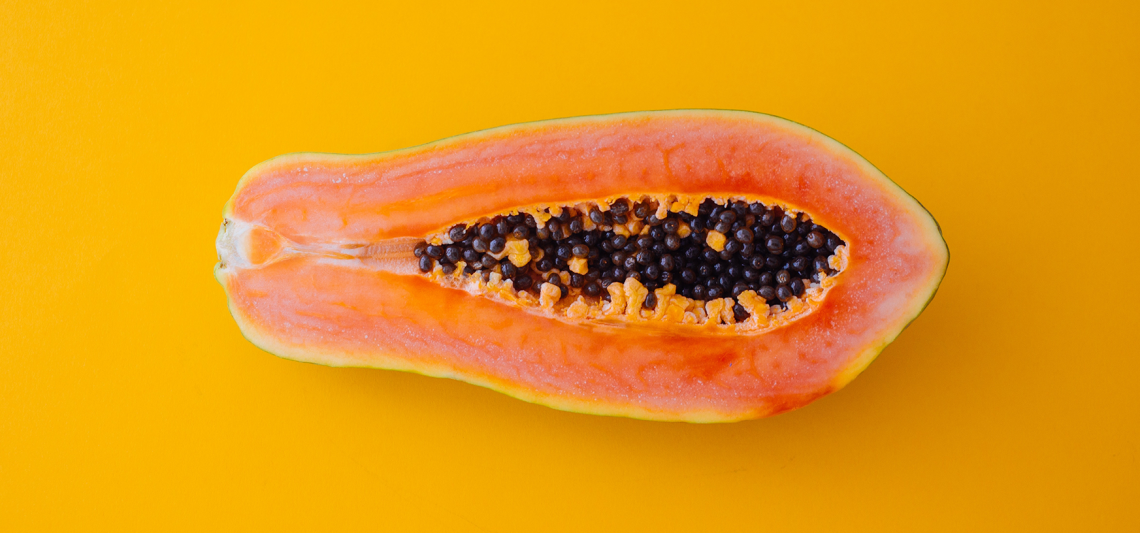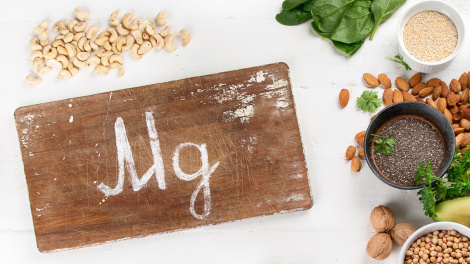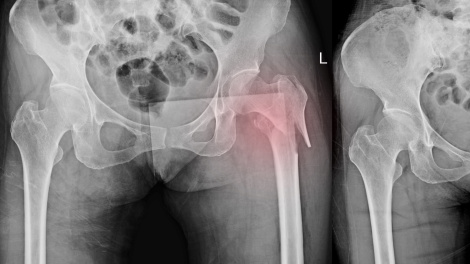Vitamin C, also known as ascorbic acid, is a water-soluble vitamin abundant in fruit and vegetables. It performs many important functions in the body. Ongoing research has shown that Vitamin C has a multitude of benefits, including being a powerful antioxidant to neutralise free radicals and reduce the risk of inflammation and disease.
Something important to note: we don’t produce our own vitamin C so we need to outsource. Read through our list of vitamin C-packed foods to dig into.
Immunity boosting.
Getting the sniffles? Honestly, who doesn’t reach for the Vitamin C? Well known as a remedy for the common cold, it’s often used as a first line of defence during cold and flu season. The jury is still out but many studies have shown that getting enough Vitamin C may help reduce symptoms and shorten the duration of a cold (respiratory tract infections).
But you do need to consume it every day, and not just grab the Vitamin C bottle at the start of cold symptoms.
It’s an Antioxidant.
Antioxidants play an important role in health and disease in our bodies. Oxygen in the body splits into single atoms with unpaired electrons. Electrons like to be in pairs, so these atoms, called free radicals, search the body for other single electrons to pair with - this causes damage to cells, proteins and DNA. Vitamin C has powerful antioxidant properties which fight free radicals and minimise oxidative stress which is associated with diseases including cancer, heart disease, autoimmune diseases and many others. Studies also show that consuming more vitamin C can increase your blood antioxidant levels by up to 30% which helps the body’s natural defences fight inflammation and protect against disease.
It’s not just for colds and flu
Collagen and glowing skin - bonus.
Collagen is widely known for aiding nail and hair strength and growth. But it also helps protect our skin by filtering out environmental toxins. The body needs vitamin C to synthesise collagen and is therefore vital for skin health. It also uses Vitamin C to make skin, tendons, ligaments and blood vessels and to repair and maintain cartilage, bones and teeth, to heal wounds and form scar tissue. As we age we produce less collagen, hence the changes in our skin. Because vitamin C is involved in the synthesis of collagen, it’s believed to help reverse skin ageing and can also protect against skin damage caused by ultraviolet exposure.
Prevents Anaemia.
Vitamin C can help improve the absorption of iron from our diet. Iron is an important nutrient that has a variety of functions – it is essential for making red blood cells and transporting oxygen throughout the body. For best results, combine a serving of iron-rich foods with those containing Vitamin C to boost your iron intake.
Reduces risk of gout.
This is a painful form of arthritis that causes severe redness and tenderness in the joints, particularly the big toe. Usually anti-inflammatory medications are prescribed, but diet and lifestyle changes are also recommended. Adding foods that are rich in Vitamin C is an easy and safe method of reducing your risk of gout.







Comments